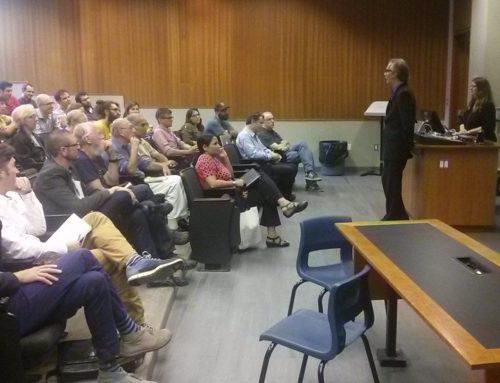Democratizing Analytics: Scientifically and Ethically Informed Decision Support for Addressing Wicked Problems
Robert Lempert (Pardee RAND Graduate School, Frederick S. Pardee Center for Longer Range Global Policy and the Future Human Condition)
Abstract: Responding to climate change requires both quantitative analysis and ethical reasoning. Ethical reasoning is required because climate change will af – fect many people in current and future generations. Quantitative analysis is re – quired to understand how today’s actions might influence those potential con – sequences. But the character of many climate-related decisions – in particular deep uncertainty, competing values, and complex relationships among actions and consequences– can make the most common types of quantitative analysis poorly suited for supporting deliberations regarding just, actionable, and ef – fective responses to climate change. In particular, most analytic methods for assessing and managing risk, originally developed to test scientific hypotheses, build on a foundation of expert best-estimates regarding future likelihoods and the weighting among competing values. But, climate change is (or should be) a challenge of democratic deliberation, whose central characteristics include multiple, legitimate points of view that may be influenced through interac – tions with one another. This talk will describe new approaches to quantitative analysis built on the foundation of assessing and adjudicating tradeoffs in the presence of the deep uncertainty and contestedness characteristic of so-called “wicked problems.” The talk will also describe how these methods, and the decision support processes in which they are embedded, have been used to ad – dress real-life wicked problems, such as the development of the 2012 Louisiana Master Plan for a Sustainable Coast and the development of management plans for the Colorado River System by the parties to the Colorado Compact.






